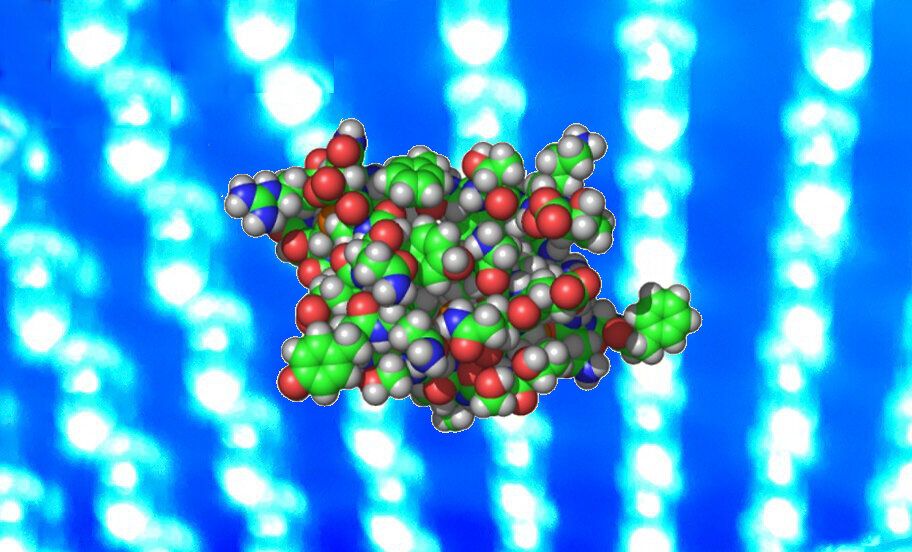Diabetes is one of the leading health problems in our modern world and requires the careful management of a patient’s insulin levels. New research from Tufts University may make that process a little easier. In mouse tests, the team implanted beta cells that produce more insulin on demand, when they’re activated by blue light.
At the heart of both types of diabetes is insulin, the hormone that regulates blood sugar levels, allowing cells in the body to properly use it as energy. In type I diabetes, beta cells in the pancreas don’t produce enough insulin, sometimes because the immune system destroys those vital beta cells. In type II diabetes, a patient’s cells stop responding to insulin, or the pancreas can’t keep up with demand, meaning blood glucose levels spike to dangerous highs.
Managing the condition requires constant monitoring of blood sugar levels and boosting insulin levels as needed, either by directly injecting the hormone or through drugs that amplify the beta cells’ production of it.









Comments are closed.